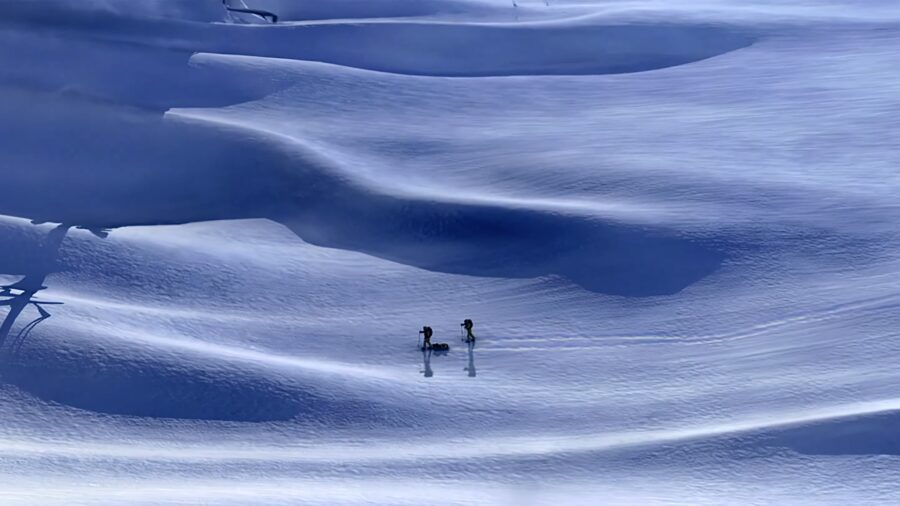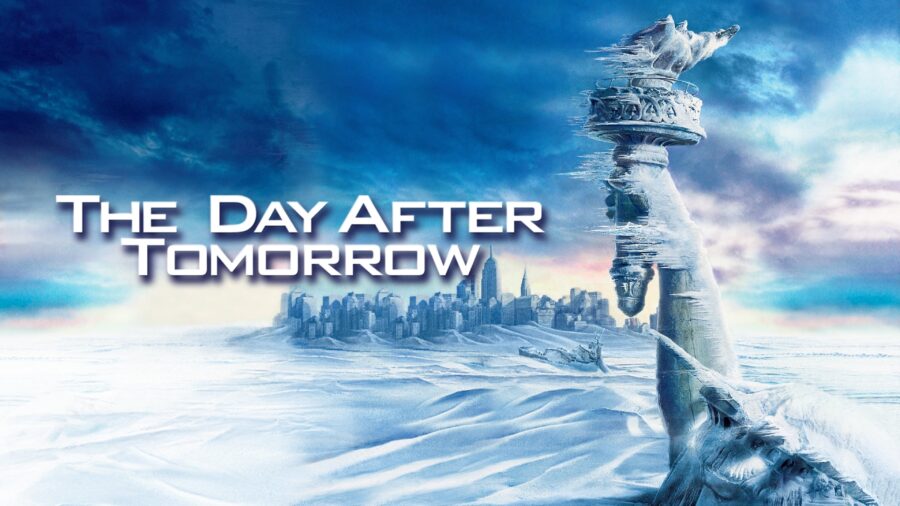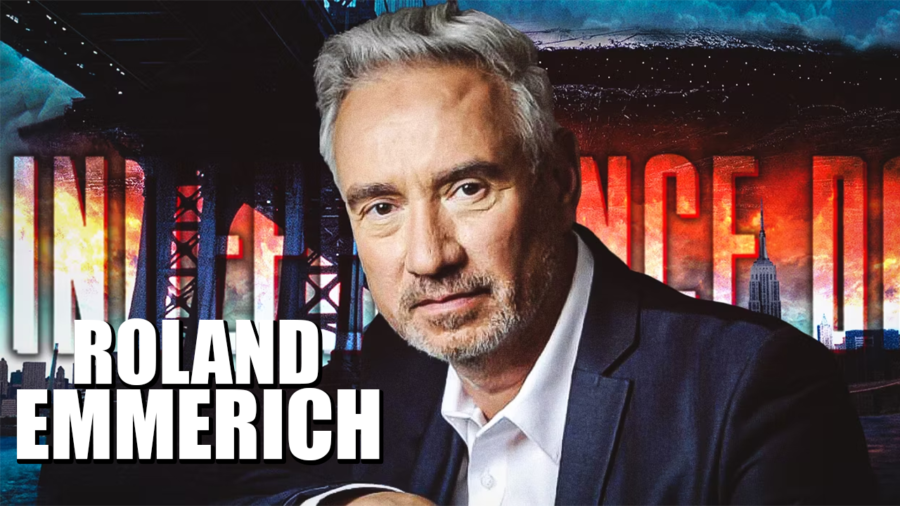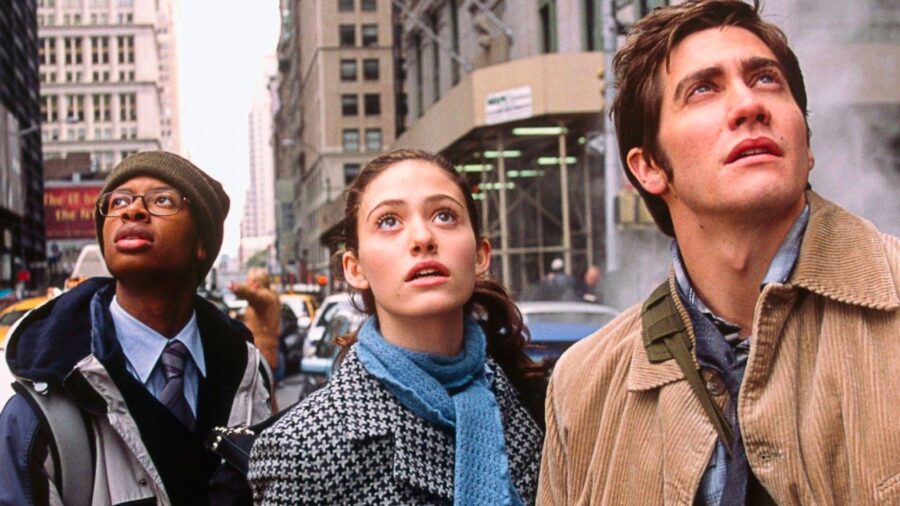It Always Looks A Lot Like Christmas In Apocalyptic Sci-Fi Thriller On Disney+

Famous poet Robert Frost once wrote, “some say the world will end in fire, some say in ice.” Given the effects of climate change and the fact that each year is hotter than the one before, the world ending in fire seems like a pretty safe bet. But one film has a very different idea: The Day After Tomorrow is now streaming on Disney+, giving you the chance to check out an icy apocalypse in which every day looks a lot like Christmas.
The Day After Tomorrow

The Day After Tomorrow is a movie in which the effects of climate change move insanely fast and threaten to freeze over the world. We follow characters who first try to forestall the effects of this icepocalypse and later simply try to survive it. As the characters try to survive what might be the end of the world, all of them (not to mention those of us watching at home) must consider exactly what they are willing to do in order to survive.
The cast of The Day After Tomorrow has some major Hollywood names in it, including Dennis Quaid as a doomsaying paleoclimatologist and Jake Gyllenhaal as his son. Sela Ward plays Quaid’s pediatrician wife and Emmy Rossum plays Gyllenhaal’s love interest. Ian Holm also appears as an oceanographer, lending the film some of the noble gravitas that underscores his best onscreen performances.
The Master Of Disaster

Beyond the cast, it’s worth noting that The Day After Tomorrow is brought to us by something of a past master when it comes to cinematic apocalypses. It’s directed by Roland Emmerich, who is best known for directing Independence Day and its admittedly disappointing sequel. He also directed Stargate and Godzilla, so he’s definitely the right person to helm a sci-fi-tinged movie about the end of the world.
While The Day After Tomorrow has largely faded from our cinematic discourse, it was an outsized hit when it was released in 2004. Against a budget of $125 million, it earned a very healthy $552.6 million. It even won the MTV Movie Award for Best Action Sequence, which might give you an idea of how ubiquitous this oddball apocalyptic film was when it came out over two decades ago.
Big Box Office But Not A Lot Of Love

The movie’s financial success is that much more impressive when you consider that it failed to woo either critics or audiences. On Rotten Tomatoes, The Day After Tomorrow has a critical rating of 45 percent, with critics generally noting that the movie’s clunky dialogue often undercuts its killer special effects. The movie also has an audience Popcornmeter rating of 50 percent, indicating that general moviegoers weren’t much more impressed than the critics.
Now, time to answer the burning question (at least something’s burning amid all this ice): if this movie didn’t exactly dazzle critics or audience, why am I recommending that you watch it? For one thing, the special effects sequences really are great, and they have aged surprisingly well. Plus, it might be morbid, but I watch disaster movies because I want to see everything fall apart, and a movie that destroys the world in style is one that will keep my attention.
Additionally, while the dialogue admittedly could be better, the inherent charisma of the cast helps to sell each and every scene. Quaid, Gyllenhaal, and the rest make the various character relationships believable even as they ground the special effects with relatable human moments. My personal favorite is a scene where library-bound characters debate whether they should burn the books of Friedrich Nietzsche to stay warm before deciding to burn some texts nobody wants to protect: the ones written about United States tax laws.
The Day After Tomorrow isn’t a perfect movie, but it might just provide the perfect night of entertainment when you’re wrapped in your favorite blankets on a cold night. You won’t know, of course, until you stream it on Disney+. If nothing else, watching this icy apocalypse is one way to channel the holiday spirit by watching a movie where “it’s beginning to look a lot like Christmas” now describes most of the planet.

REVIEW SCORE













Login with Google